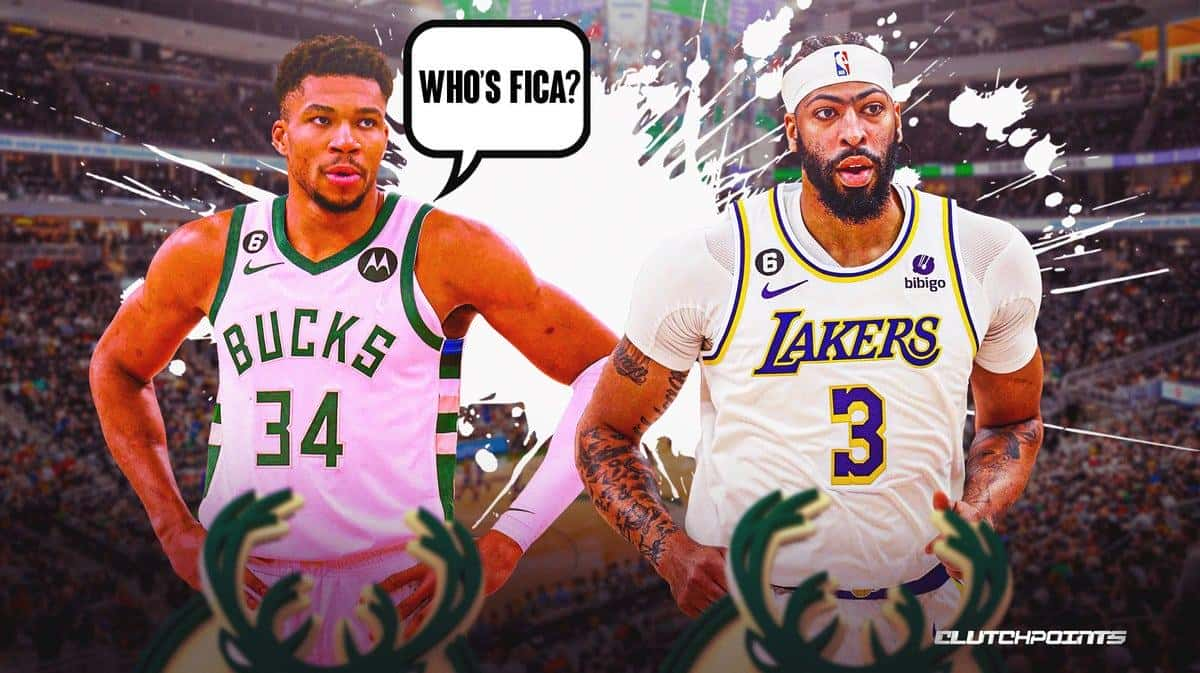Die Antwoord (Afrikaans for “The Answer”) is a South African hip-hop group from Cape Town, formed in 2008.
Rappers Watkin Tudor “Ninja” Jones and Anri “Yolandi Visser” du Toit, a male/female duo, and producers HITEK5000 and Lil2Hood make up the group. Their aesthetic is heavily influenced by the zef counterculture movement in South Africa, and they’ve incorporated the work of other artists in the movement, such as photographer Roger Ballen.
Die Antwoord causes racist controversy
“Fatty Boom Boom” from their second album, “Ten$ion,” features Yolandi dressed in blackface, a historically racist depiction that caricatures Black people with minstrel show stereotyping. By all accounts, it was a clever parody of Western culture. But the use of blackface tainted that humour. It wouldn’t be the last time Die Antwoord faced backlash for their alleged racism in a music video.

In a video released in 2014, the group once again wore blackface. One of the men in the video for “Ugly Boy” (also on YouTube) wears both blackface and an Afro wig. The man is also sporting a hooded sweatshirt that reads, “Hello, my name is God.” As in the previous video, the blackface did not go unnoticed in this one. Despite the general criticism for allegedly biting off coloured, Black, and working-class white South African cultures, the group had a reputation for being racist from the beginning, despite the fact that neither member appears to be a part of, as explained in this OkayAfrica op-ed. It wasn’t the end, however, as the troubling duo continued to cause problems for everyone else. The band was known to stir up the debate with their music videos and visuals, and one of their songs included a racial epithet.
South African rap duo Die Antwoord was accused of sexual abuse by their adopted son
There isn’t anything new to learn about Die Antwoord‘s twisted universe. As early as the early 2010s, the zany duo rose to prominence as South Africa’s most internationally recognised musical act, thanks to their unique brand of psychedelic rap-electro that portrays the grim reality of South Africa’s “white trash” and the ultra-violent gangs in the Cape Town neighbourhood where they formed. After a string of scandals, Watkin Tudor Jones, aka “Ninja,” and Anri du Toit, aka “Yolandi Visser,” now have to deal with accusations of abuse from their adopted son. The adopted son expressed his fear of sexual violence against his sister in the 45-minute video that was published by the South African press in late April.

Gabriel du Preez, better known as “Tokkie,” was adopted at the age of 9 and grew up in Vrededorp, a poverty-stricken suburb of Johannesburg. He is afflicted with a genetic disorder that results in severe tooth deformities. With his shaved head and shaggy hair, the youngster looked like he had stepped out of one of the band’s videos. He’d be in them before long. “Tokkie” met one of the duo’s collaborators, Ben Jay Crossman, in 2010. Crossman took a picture of him. Ms. du Toit and Mr Jones wanted to meet the child after seeing his photo. It wasn’t long before they took him in. In light of Die Antwoord’s success, his mother thought it would be a good experience for him.
Read More: Matt Damon Controversy: How Did People React to Damon’s Words?
Other projects
In a 2010 interview with Exclaim! magazine, the band revealed that they have a five-album plan. “We’ll be releasing feature films between each of the albums,” says Ninja. The answer is one we’re working on for next year. It’s like the beginning of Die Antwoord’s existence. But, like, that’s our power and where our energy is right now.” They worked with American filmmaker Harmony Korine on a short film. Umshini Wam (in reference to the Zulu struggle song “Umshini Wami”), a short film that premiered at SXSW, features “furry costumes, wheelchairs, a music video breakdown, and plenty of zef slang.” The movie can be seen online. They worked on a campaign for Alexander Wang’s T line in 2012.

It was revealed in 2014 that Die Antwoord would appear in Neill Blomkamp’s Chappie. An interview with Ninja stated that “Neill is our favourite director so when he asked us to be in Chappie it was like a complete freak-out.”. Die Antwoord play two gangsters (also known as Ninja and Yolandi) who act as parents to Chappie, a sentient robot, and teach him how to be a gangster. In 2015, the film was released.
ZEF TV, a reality web series produced by Die Antwoord 2019, debuted in 2019. The first season’s eight episodes have already aired on the show. “IS IT REAL?” had been in the works for 10 years and would be released later that year, as well as a feature film called “THE FLOWER FROM THE EXTERNAL WORLD”
For more updates, keep reading – pelhamplus.com



